有机聚合物太阳能电池(PSC)由于原材料价格高、使用寿命短以及转换效率低,其商业化步伐一直停滞不前。但它们具有重量轻、透明度、灵活性及可卷-到-卷生产的特性,显示出了潜在的利基市场机会。
《可再生与可持续能源》杂志最近发表了名为“聚合物太阳能电池:P3HT:PCBM”的研究报告,展示了这一领域的最近进展及所面临的挑战。该文作者之一、美国俄亥俄州立大学的Paul Berger表示,由于PSC的柔性特征,使其几乎可以被放在任何物品上。无需高压输电线路,且能代替毒性电池为使用点设备提供电力,“这是一种颠覆性的商业模式。”
聚合物可以溶解在溶剂中,并通过经济可行的卷-到-卷生产被印刷到柔性背衬上,使这项技术具有了特别的吸引力。将PSC封装以防止快速降解,可解决其短经济寿命的问题,但这一工艺用在玻璃上十分有效,在柔性表面上较为困难。
目前PSC的实验室效率为13%左右,远低于商用太阳能电池板的20%效率。但近年来化学、几何和多层太阳能电池的发展让效率更高变得可能。
This content is protected by copyright and may not be reused. If you want to cooperate with us and would like to reuse some of our content, please contact: editors@pv-magazine.com.
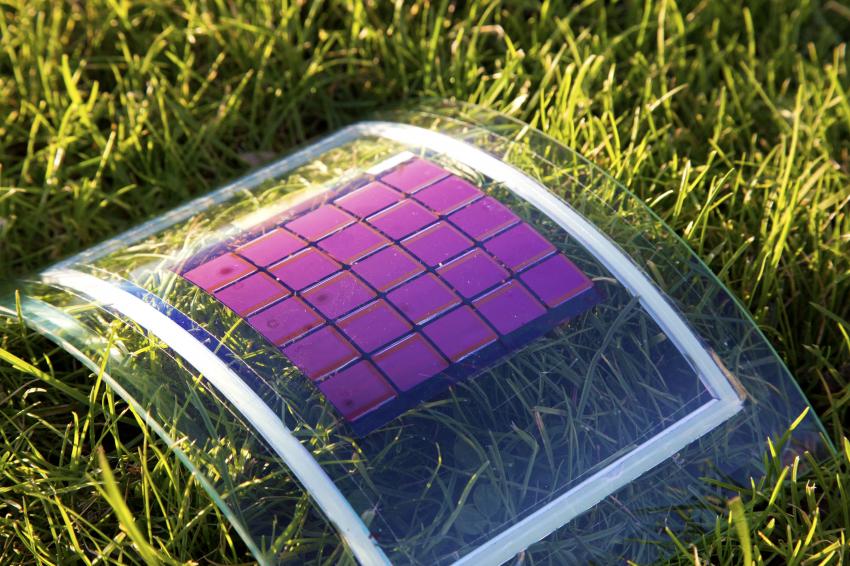




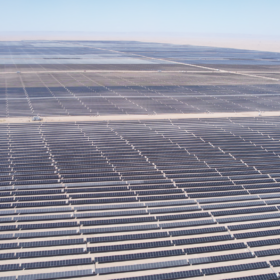

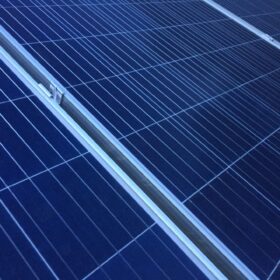

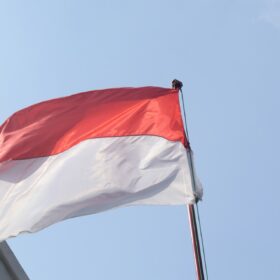
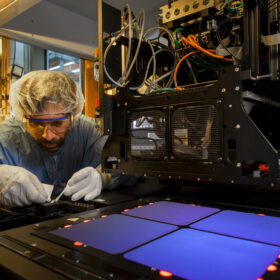
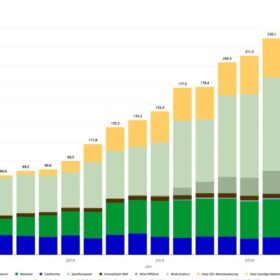
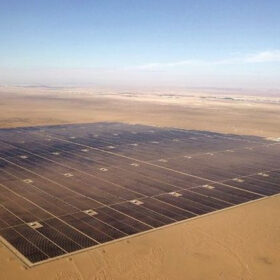
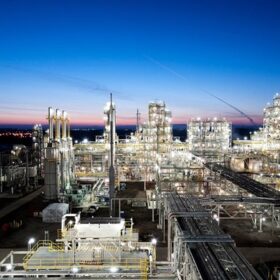
By submitting this form you agree to pv magazine using your data for the purposes of publishing your comment.
Your personal data will only be disclosed or otherwise transmitted to third parties for the purposes of spam filtering or if this is necessary for technical maintenance of the website. Any other transfer to third parties will not take place unless this is justified on the basis of applicable data protection regulations or if pv magazine is legally obliged to do so.
You may revoke this consent at any time with effect for the future, in which case your personal data will be deleted immediately. Otherwise, your data will be deleted if pv magazine has processed your request or the purpose of data storage is fulfilled.
Further information on data privacy can be found in our Data Protection Policy.